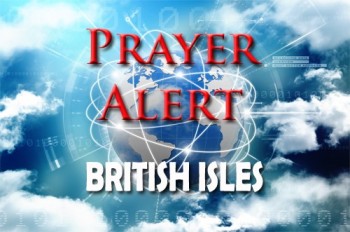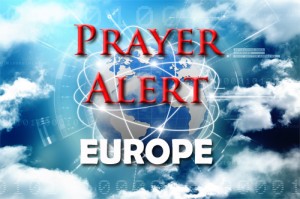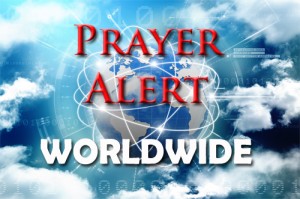Displaying items by tag: freedom of worship
Fundamental freedom of worship
Church leaders led by Pastor Ade Omooba continue their legal challenge of the lockdown restrictions on churches. The group has been stressing to the Government that churches, not civil authorities, have the legal and moral authority to make decisions over worship services. This challenge has already led to speeding up plans to allow churches to meet. A recent guidance document lists restrictions on activities like singing and baptisms. Nearly all the points made are listed as things for churches to consider, not rules to follow: so churches that emphasise the importance of singing may be able to do so, having considered how to avoid any risk. Nothing has changed yet: the Government must update coronavirus regulations in line with the guidance. If they do reflect the guidance, church leaders should be emboldened to open their churches and resume services in the way they see fit.
Bulgaria: freedom of Christians threatened
Christians in Bulgaria are facing the prospect of a new law that will severely restrict the freedoms currently enjoyed. The Religious Denominations Act was presented to parliament on 4 October 2018 and is due to be considered again on Friday 16 November. In a show of unity, thousands of Christians across towns and cities in Bulgaria have taken to the streets in peaceful protest and public prayer. Transform Europe Network’s partners in Bulgaria are urging fellow-Christians from the UK, across Europe, and beyond to pray and make written representations to their MEPs, ambassadors, and Bulgarian government officials.
Sri Lanka: freedom of worship
Sri Lanka’s constitution affords Buddhism, which is practised by 70% of the population, ‘the foremost place’. This elevated status is exploited by a powerful ethnic Sinhalese and Buddhist nationalist lobby, which demands rights and privileges for itself at the expense of other religions. The lobby, which is particularly opposed to Christianity, campaigns for the introduction of anti-conversion legislation that would hinder Christian activities. Christians face difficulties in building churches and might be ordered to stop activities; they experience discrimination in education, and many live in desperate poverty. The government plans to introduce legislation prohibiting ‘cults’; this could threaten evangelical churches, which are not recognised by the state. Christianity has a long history on the island, pre-dating the arrival of Westerners by many centuries. Tradition claims that Sri Lanka was first evangelised by the apostle Thomas.


